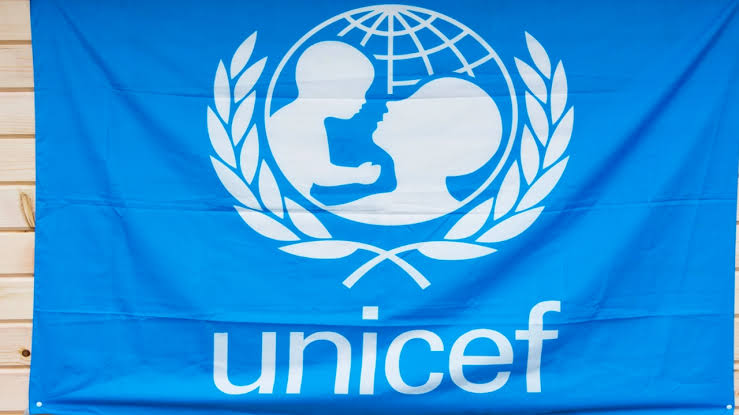The United Nations Children’s Education Fund (UNICEF) has sought the support of Broadcasting Organisation of Nigeria (BON) to promote the uptake of COVID-19 vaccines in the country.
Mr Maulid Warfa, the Chief of Field Office, UNICEF Kano, said in Kaduna on Wednesday that the support of the broadcast media was key to overcoming COVID-19 crises in the country.
He made this known at an advocacy meeting with Chief Executive Officers (CEOs) of BON, Northwest Zone, on COVID-19 vaccination and other health issues.
Warfa, represented by Mr Ogu Enemaku, Communication for Development Specialists, explained that the objective of the meeting was to educate the head of broadcast media organisations on the virus and their roles in combating it.
According to him, the goal is to enlist their support to sensitise and enlighten members of the public on the gains of taking the vaccines and other preventive measures.
“COVID-19 vaccine is ongoing, and we need more people to be aware and get vaccinated.
“The goal is for the CEOs to use their various channels to enlighten and educate the public that COVID-19 is safe and people should go and get vaccinated against the virus. “
Dr Murtala Jibril of the Department of Pharmacology and Therapeutic, Bayero University, Kano, said that unvaccinated persons were 11 times likely to die from delta variant of COVID-19.
Jibril added that COVID-19 deaths were higher among the unvaccinated patients, adding that they were also 29 times more likely to be hospitalised with COVID-19.
He said that nearly all COVID-19 deaths were among unvaccinated people and stressed that vaccines could save between six and nine million people from COVID-19 globally every year.
The expert, who described vaccines as the “greatest achievement” of the 20th century, said that the development had revolutionised public health response across the world.
He encouraged people to get the full dose of the vaccine, adding that the infection was three times lower in double vaccinated persons.
“COVID-19 vaccines can offer 95 per cent protection against the disease and 98 per cent to 99 per cent of those with severe COVID-19 are among the unvaccinated.
“Majority people in a community must be immunised for all to be safe from COVID-19 and only 1.5 per cent of the Nigerian population has been vaccinated,” he said.
Some of the participants who were not vaccinated said they rejected it because of the conflicting information going around about the vaccine, while others said they were simply scared.
One of them, Mr Bala Yusuf of the National Orientation Agency (NOA), Kano Office, said that he did not take the vaccine because of a video clip he watched on social media, which claimed that those who took the vaccine were likely to die young.
Responding, Dr Rufus Eshuchi, Communication for Development Manager, UNICEF Nigeria, said that taking vaccines or rejecting it was a behavioural issue.
Eshuchi, by Ms Adeola Olunloyo, Communication Specialists, UNICEF Kaduna, explained that people’s behaviour was influenced by different factors like knowledge, perceived risk, social norms, and emotion among others.
He pointed out that the media was very critical in changing people’s behaviour toward the vaccine, saying, “what the media says or do not say can kill people”.
He called on the media to support the ongoing efforts to promote the uptake of the vaccine, by helping to separate sentiment and emotions from facts.
The National Chairperson of BON, Hajiya Sa’a Ibrahim, noted that the absence of vital and accurate information about the virus was responsible for the panic and rejection of the vaccine.
She thanked UNICEF for organising the event and called on members of BON to use their medium to provide accurate information about the virus.
Prof. Umar Pate, Vice-Chancellor, Federal University, Keshere, Gombe State, stressed the need for strategic engagement of community leaders and community members to create the needed awareness.
Pate, who was represented by Ruqayyah Aliyu, of the Department of Information and Media, Bayero University, Kano, called on BON members to provide platforms for experts to dispel the rumours against the vaccine.








